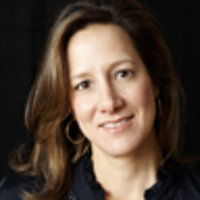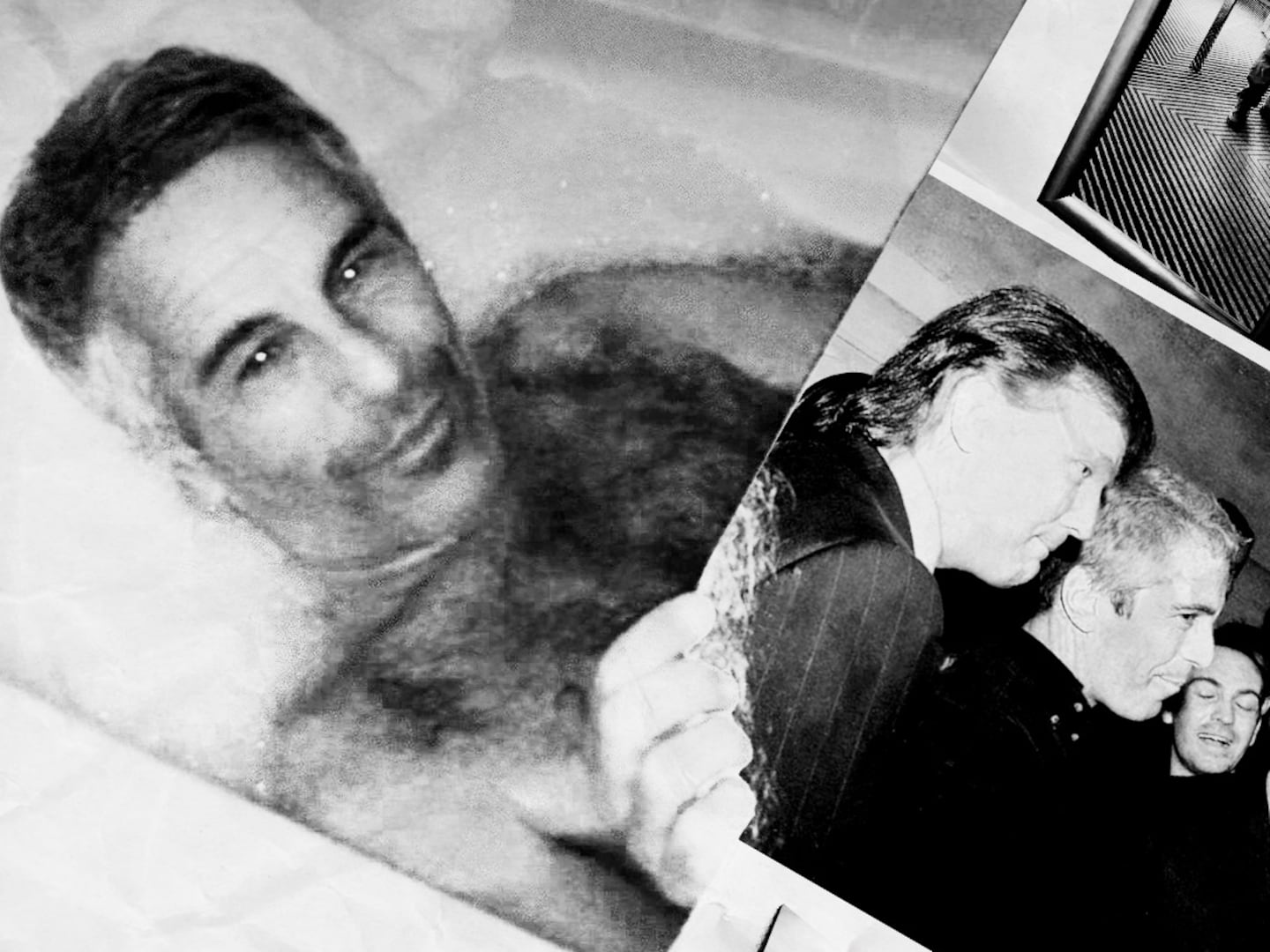When I chose to research and write a book about twins, I didn’t realize I’d be writing a memoir. Of course I knew that my own identical twinship was the reason the subject interested me, and I knew I’d be informed by my own life as a double, but I honestly didn’t set out to confide or confess.
So how did this book end up being so personal?—so revealing, in fact, that early readers have rattled me a bit with their initial reactions: “Wow; I admire your guts”, “You’re really out there in this book…” Their thinly veiled message blares loud and clear: “I can’t believe you chose to get naked.”
I steeped myself in twins studies, twins stories, cutesy children’s books, freaky evil twin novels, virtually every book by every “major” twins specialist (they’re often twins themselves), guides for birthing twins, raising twins, losing a twin.
I haven’t been a writer who readily vomits her personal life, but it became clear, halfway through the two-year process, that a certain regurgitation was required. Twinship was only interesting to me because it was complicated—thrilling and disappointing, expanding and narrowing, buoying and weighted. I knew the complexities had to be similar for other twins, and I set out to gather the unvarnished stories of being born a set—not the chirpy snapshots of twins who shared birthday cakes and swapped boyfriends, but the nitty-gritty of simultaneity and the slippery climb to distinction.
It’s may seem pretentious to say “I’m a reporter first,” but I’ve always started a new project with compulsive saturation. I try to read most of what’s been said on a subject to make sure I’m well-versed, and to home in on what might be missing. For One and the Same, I steeped myself in twins studies, twins stories, cutesy children’s books, freaky evil twin novels, virtually every book by every “major” twins specialist (they’re often twins themselves), guides for birthing twins, raising twins, losing a twin.
The mounds of material paralyzed me. I remember phoning my sister, Robin, one afternoon and telling her I was buried in expertise and doubting what I could add to the conversation. Robin’s advice was unequivocal and clarifying: Start with yourself.

Not only did that open the right door, but I heard her giving me tacit permission: you can tell your half of the story, even if I’m not telling mine. The meat is in your memory (she didn’t say “ours”) so start with what you know.
I have a feeling she’s regretting that counsel now; though she edited and praised the book, it’s another thing to see your life in print. She squirms at a few sections and we’ve tiptoed through tense discussions as a result, but her greatest act of love and loyalty was that she let me write it and green-lighted the final draft. Not only did she tell me—when I was floundering—to uncork my own twin story, but she never asked me to put the genie back in the bottle.
To be sure, One and the Same isn’t just about my twinship, but it’s undeniably the book’s spine and the viewfinder through which I looked at every pair I interviewed—from football stars Tiki and Ronde Barber to my fifth grade schoolmates whom I tracked down after three decades and who still live together in their forties. Their twinships forced me to look harder at my own. And however reluctantly, I learned that asking other twins to get naked meant I had to undress too.
Plus: Check out Book Beast for more news on hot titles and authors and excerpts from the latest books.
Abigail Pogrebin is the author of Stars of David: Prominent Jews Talk About Being Jewish. A Yale graduate, she has written for many national publications and has produced for Mike Wallace at 60 Minutes , Charlie Rose, Bill Moyers, and Fred Friendly. She lives with her husband and two children in Manhattan—as does her identical twin, New York Times reporter Robin Pogrebin.





